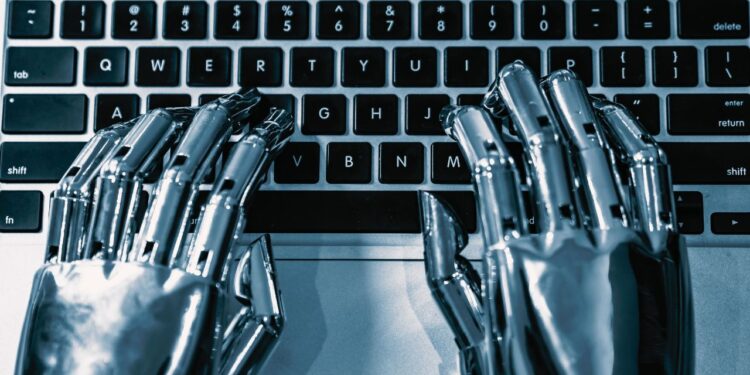What’s going on:
Fortune asked ChatGPT: “Which jobs do you think ChatGPT will replace?”
ChatGPT stated that it “couldn’t forecast the future,” but then posited that certain jobs typically undertaken by humans — such as data entry, data processing, customer service, translations and report writing — could be automated or streamlined using technology like itself.
ChatGPT added, “However, it is important to note that while some tasks may be automated, technology like me can also help to augment and support human workers, enabling them to be more productive and efficient in their roles.”
Why it matters:
ChatGPT has been a game-changer in the chatbot world, triggering a surge of rival chatbot announcements from some of the world’s biggest tech companies.
On Monday, Google CEO Sundar Pichai unveiled Bard, a chatbot that can summarize internet search results. Chinese internet search giant Baidu followed suit, introducing an A.I.-powered, English-language chatbot called “Ernie Bot” scheduled to launch in March. Microsoft also jumped on board, announcing they would be using OpenAI’s Prometheus model to create a chatbot interface for Bing.
How it’ll impact the future:
While AI might take some jobs in actuality, it will also create many.
The bot said it would have net positive impact on the jobs market due to A.I., because it would create increased productivity and efficiency. This, in turn, would drive economic growth.
It said that the balance of losing jobs compared to the new jobs created is down to “the level of investment in AI, the strength of the education and training systems, and the overall health of the economy.”



 Dr. Gleb Tsipursky – The Office Whisperer
Dr. Gleb Tsipursky – The Office Whisperer Nirit Cohen – WorkFutures
Nirit Cohen – WorkFutures Angela Howard – Culture Expert
Angela Howard – Culture Expert Drew Jones – Design & Innovation
Drew Jones – Design & Innovation Jonathan Price – CRE & Flex Expert
Jonathan Price – CRE & Flex Expert












